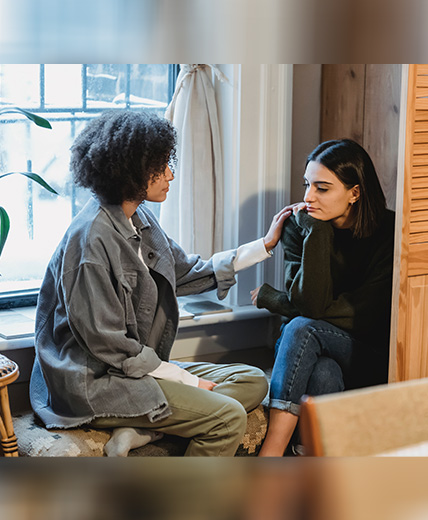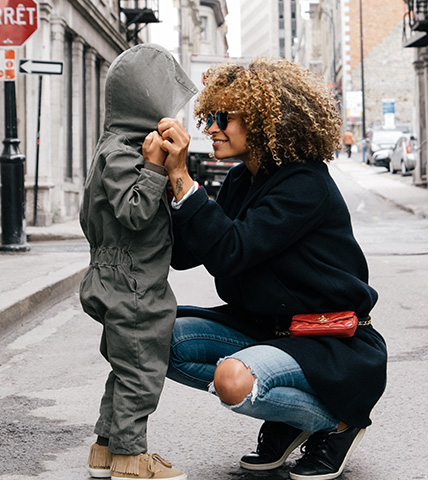Learning healthy coping skills and new behaviors is essential for survivors of domestic violence so that they may live a positive, violence-free life. Often families are heavily impacted, with the violence affecting those who experience and witness the violence. With that, survivors are equipped with new skills they can employ to break the intergenerational cycle of domestic violence. Our program offers a holistic approach to ending domestic violence.
Our program offers emotional support, counseling, legal aid, and workshops that will empower our survivors and provide them with the resources to escape their current situation and ultimately end the legacy of domestic violence. With our support and resources, survivors will learn alternative methods of interacting and negotiating with others in a way that respects the needs and dignity of both themselves and others. Through healing their trauma and providing resources for a successful transition out of our program, survivors can live violence-free, fulfilling lives beyond what they imagined was possible.

Communal support and connection are essential to breaking the cycle and severity of poverty, homelessness and the needs of at-risk communities experienced by victims of domestic violence. In the United States, almost 30% of individuals are homeless because of domestic violence. With proper access, education and tools, individuals of these communities and/or at-risk can be empowered to lead healthy lives.
Our program offers job search assistance, access to basic needs, such as nutritional support and clothing, and other resources. Our program is unique in its approach and delivery, remaining active and hands-on in the community to understand its needs. With support and resources, cycles of homelessness and instances of poverty can begin to diminish. Providing these essential services stabilizes individuals and families in times of crisis, strengthening the community and preventing domestic fractures that can have long-term consequences.

Protecting and empowering the next generation is essential. Approximately five million children are exposed to domestic violence per year. Considering young women are often subjected to intimate partner crimes, it is important to recognize the intersection of motherhood, age and experiencing domestic violence. Teenage parents need immense support. As a precondition for a child’s healthy development, a stable, guided, healthy environment is needed.

Guiding Children and Teens
The effects of domestic violence on children and young people can be seen every day. Allies being proactive within the foster care and adoption process is essential. With domestic violence affecting one in five children, it is a significant adverse experience for a child. In finding a stable home for child victims and/or witnesses to violence, it is imperative to think about the child's unique needs.
Our program will work in tandem with foster caregivers and adoption support to enable them to think about how to best provide a safe and nurturing home where the child can recover from their experiences or at least. At a minimum, children should be placed with families that can help cope with the trauma associated with being exposed often to high levels of violence within their own home. To do this, we will partner with local orphanages and social services agencies, advocating for safe and healthy homes for children in our program.

Repairing the emotional and psychological damage caused by domestic violence can be fervent. The effects can have impacts on mental health, leading to alcoholism, drug addiction, anxiety, and depression amongst other impacts. It is essential to counteract these effects, presenting survivors with healthier coping skills as they navigate their trauma.
Families in our program we be provided resources for individual and group therapy that is designed to repair the damage caused by domestic violence. This includes trauma-informed therapy targeted towards improved mental health and addiction recovery. In a safe environment, survivors, which includes children, have a chance to express their feelings, come to understand healthy coping skills, and learn communication strategies that will help them overcome the trauma and rebuild their lives.

